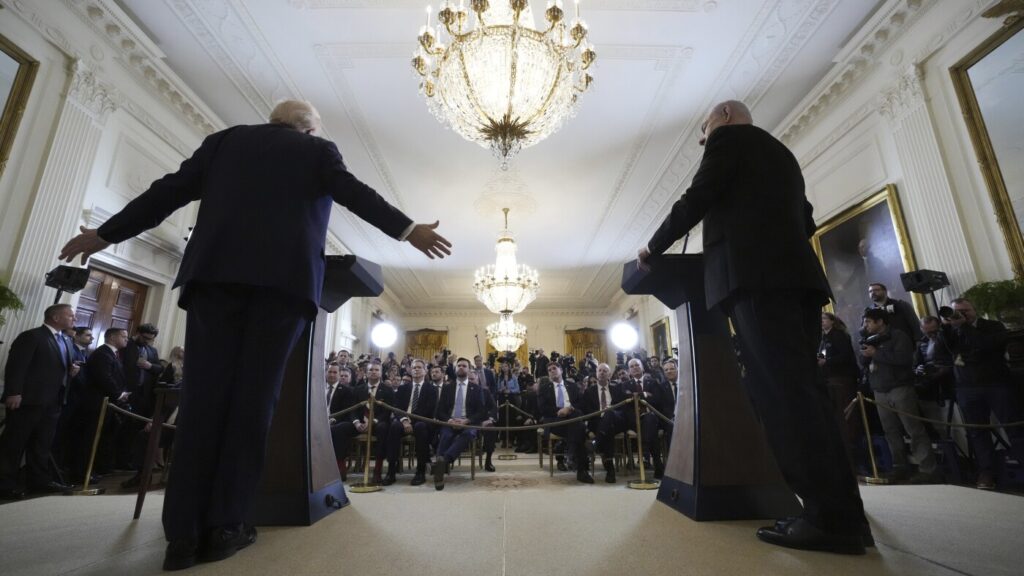President Donald Trump’s recent statements proposing radical ideas for Gaza have sparked controversy and concern across the Middle East. In a joint press conference with Israeli Prime Minister Benjamin Netanyahu, Trump suggested two unprecedented plans: the U.S. taking over Gaza and relocating the entire population to other countries. These proposals have been met with strong opposition from Palestinian and Arab leaders, who have long envisioned Gaza and the West Bank as part of a future Palestinian state.
Israeli observers, while acknowledging the unlikelihood of a U.S. takeover of Gaza, speculate that Trump’s statements may be a negotiation tactic aimed at garnering attention and potentially leading to a more moderate solution. This strategy is reminiscent of past instances where Trump made bold declarations only to later pivot towards a different outcome, as seen with Israel’s annexation plans in the West Bank.
Despite some support within Israel for the idea of relocating Gazans, most Arab citizens and Palestinian leaders vehemently reject Trump’s proposals. Hamas, the militant group controlling Gaza, has called on Trump to retract his statements, emphasizing that such actions would only escalate tensions in the region.
The future of Gaza remains uncertain as discussions continue around the ceasefire agreement and potential diplomatic relations between Israel, Saudi Arabia, and other countries. While some Gazans express willingness to leave for better opportunities, others adamantly refuse to abandon their homeland, highlighting the deep emotional ties and complex realities facing the region’s residents amidst political upheaval.

